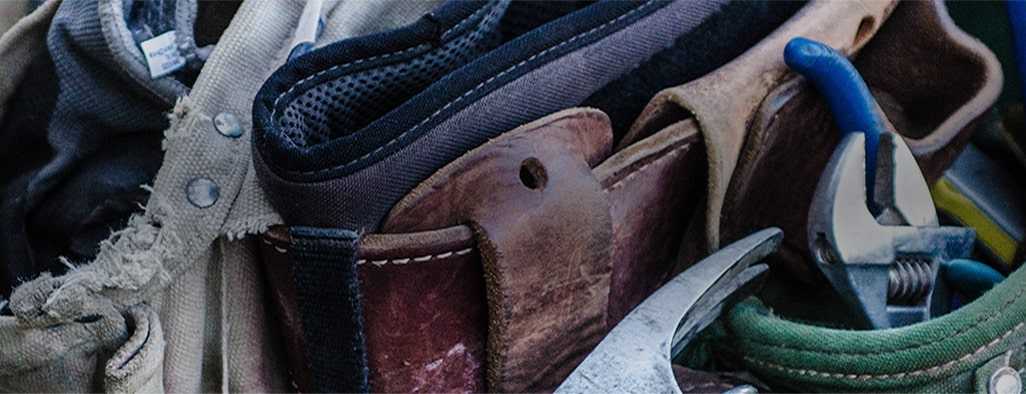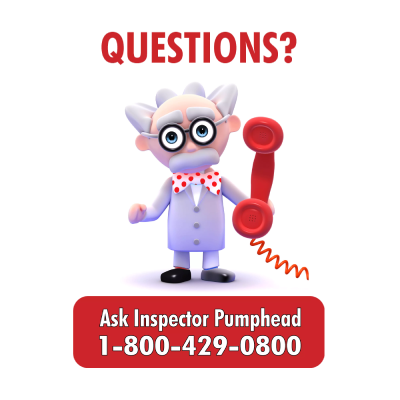
Earlier this year The Reduction of Lead in Drinking Water Act went in to effect to raise potable water standards across the United States. Potable water is the drinking water we also use for brushing teeth, preparing food and washing dishes. The focus on lead is due to the variety of health problems ingested lead can cause. The new law requires all wetted components of potable water systems to have a weighted lead content of 0.25 percent or less, a substantial decrease from the prior limit of 8 percent.
When ordering a potable water pump from Pump Products, check the brochure located under the Manuals tab of the product page for a lead free designation, bearing in mind that manufacturers vary in the ways they mark their products and the designation may not be easy to find.
Most of our bronze circulator pumps, including Armstrong’s S & H Series and Bell & Gossett’s Series 60 pumps are lead free or <.25% lead certified and can be safely used to pump potable water.
The same is true of our stainless steel well pumps made by Berkeley, Sta-Rite and Franklin Electric.
All of our pressure booster pumps by Berkeley, Grundfos and Sta-Rite are also constructed of stainless steel and therefore safe for use with drinking water.
Among our centrifugal pumps, we carry many lead-free, stainless steel models, such as those in Berkeley’s motor-driven pump line.
All of our top brand ice machine pumps are made of plastic, and are therefore safe for use in home and restaurant applications.
For the lead content of our repair parts, check for lead-free certification markings, or contact our product experts. Note that not all water system components are required to be lead free, only those that may come into contact with drinking water. When in doubt, ask yourself the following questions:
Is the product a fill valve, shower valve, or water distribution main gate larger than 2 inches? If so, it is subject to the new regulations.
Is the product used exclusively for non-potable services or where water is not anticipated to be used for human consumption? If not, it is exempt from the new regulations.
What about hot water systems, you ask? We’ll answer that question in our next post. Meanwhile, don’t drink the shower water.





